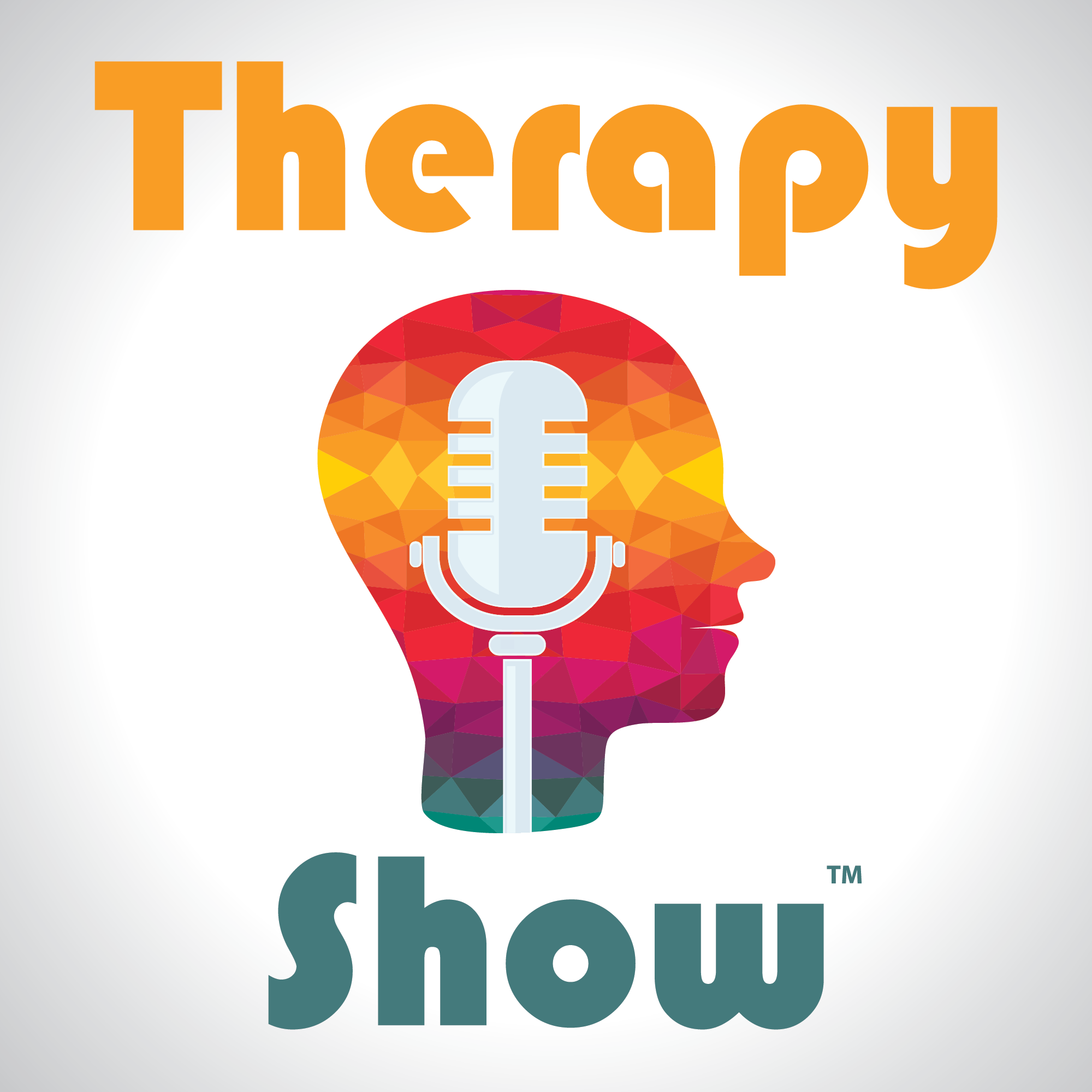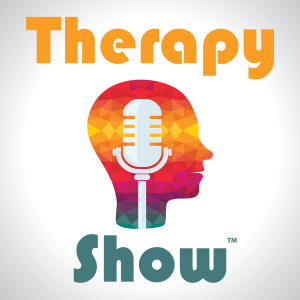
#28 Dr. Michael LaSala Discusses Gay and Lesbian Family Therapy
 2020-04-10
2020-04-10
Dr. Michael LaSala is the Director of the DSW program and an Associate Professor at the School of Social Work at Rutgers University. His research and clinical interests are the couple and family relationships of gay men and lesbians. Dr. LaSala has published extensively in peer-reviewed professional journals, and his current work examines the role of gay and lesbian family relationships in coping with stigma, ethical practice with LGBTQ populations, as well as the parental influence on gay youth's safe sex behaviors. He is the author of Coming out, coming home: Helping families adjust to a gay or lesbian child which describes the findings and practice implications of a National Institute of Mental Health-funded qualitative study of 65 gay and lesbian youth and their families. Dr. LaSala has been practicing social work for over 30 years at the direct practice, supervisory, and administrative levels and continues to practice part-time as a licensed clinical social worker at the Institute for Personal Growth in Highland Park, New Jersey
Therapy for Lesbian, Gay, Bisexual, Transgender and Queer (LGBTQ) focuses on mental health issues related to an individual’s sexual or gender identity and treats mental distress caused by the oppression, marginalization, and discrimination that may occur when coming out to family members, adjusting to a person’s authentic identity, and dealing with family pressures and expectations. According to the research, youth who identify as LGBTQ have an increased risk of self-harm and suicidal ideation, especially when they are faced with discrimination. In school, students who identify as LGBTQ are bullied, victimized, and rejected by their peers, which can lead to mental distress. LGBTQ adults may also experience similar persecution at their workplace, schools, and housing. These stressors may be the catalyst for LGBTQ individuals to seek mental health treatment, and an LGBTQ informed therapist can help reduce symptoms of depression, anxiety, and substance use in their clients (Almeida, et al., 2009; Yarbrough, 2018). Family Therapy for those who are Gay, Lesbian and Transgender targets the relationships between the individual and their family members. We have repeated findings that strongly suggest that supportive relationships between LGBTQ+ and their family members can be protective, reducing their risk for suicide, anxiety, depression, substance abuse, and risky sexual behaviors. Family therapy can thus help the family harness this protective power. When a child comes out to a parent, the child is looking for support and acceptance while the parents is possibly experiencing shock, guilt, sadness and worry. Family therapy techniques targeting this population involve education, enactments, or getting family members to talk to each other in productive, non-reactive ways, and reframing difficult conversations (LaSala, 2010; Nealy, 2017; Stone Fish, 2007).
TherapyShow.com/Therapy for LGBTQ
TherapyShow.com/Podcasts
Disclaimer: The information shared in this podcast is not a substitute for getting help from a mental health professional.
More Episodes
Create your
podcast in
minutes
- Full-featured podcast site
- Unlimited storage and bandwidth
- Comprehensive podcast stats
- Distribute to Apple Podcasts, Spotify, and more
- Make money with your podcast
It is Free
- Privacy Policy
- Cookie Policy
- Terms of Use
- Consent Preferences
- Copyright © 2015-2024 Podbean.com






